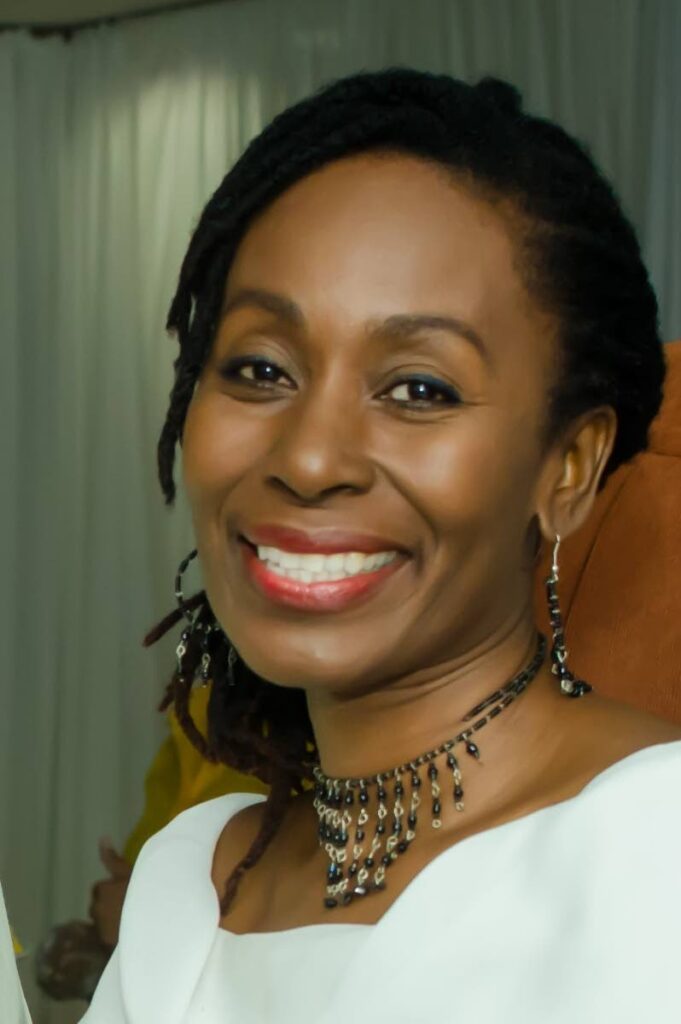A cultural life – it’s our right

Dara E Healy
“The right ‘to take part in’ culture consists in the ability to consume and to create, individually and with others...Cultural participation requires access to cultural materials, tools and information and the freedom to create, transform, share and trade cultural works and techniques.”
– Lea Shaver and Caterina Sganga, Yale Law publication
DID YOU know that we have a right to take part in cultural life? Well, according to the 1976 International Covenant of Economic, Social and Cultural Rights, we do.
From art exhibitions to Tobago Heritage Festival, dance shows or calypso competitions, it is reasonable to presume that in TT, the arts are accessible to everyone. Yet, as we observe International Day for Universal Access to Information, do citizens have enough access to information about culture and the arts to help them make decisions about their future? Is it enough to help build a stronger nation?
Information is defined as facts or knowledge whether related to a situation, organisation or events. By its very nature, information should be an empowering force in our lives.
Few will disagree that the arts have the power to revitalise cities, offer hope to at-risk children or even support us through a global pandemic. Increasingly, they are seen as vital to fostering a more inclusive and peaceful society. However, too many in our vulnerable and wider communities continue to be disconnected from essential information about our heritage, history and culture. This results in pushing the dream of an evolved society even further away.
In spite of the gaps in our education system, there is a great deal of information-sharing about culture at the community level. Best Village continues to be a motivating force. Additionally, there are organisations like the Belmont Freetown Cultural Arts and Folk Performing Company, the Hindu Prachar Kendra, Signal Hill Alumni Choir or Siparia Deltones Steel Orchestra that are committed to enriching their communities.
There is much that is positive, but it is time to pull all of these efforts together and focus on the wider, national goals identified earlier.
How do we achieve this? There are still too many educators and cultural practitioners who lack basic knowledge about the culture, history and diversity of beliefs in our country. And even if the information is available, the way that it is conveyed to young people often alienates them. This means that we continue to limit the ability of large numbers of young people to fully participate in cultural life through flawed information delivery.
This week, children were once again caught in the middle of warring gangs. Crime affects the ability of children to even get to school to receive the information they need. Increasingly guns, drugs and police raids are the norm for many of them. Further, gender-based violence and child abuse are rising, and with these, mental health challenges among young people.
Culturally-based information can play a pivotal role in helping children and families to cope. However, we urgently need a specific plan to incorporate this type of coping mechanism into our schools and wider education system.
Fully experiencing a cultural life also includes the many ways “…in which human beings express creativity, seek beauty and truth, exchange ideas and create shared meanings.” Cultural practitioners focus on how quality of life may be improved through artistic expression.
Sadly, as children and citizens fight to survive, discussions such as the one we are having now seem to be more removed from lived experiences and therefore more unrealistic as a solution.
In 1966, when the International Bill of Rights was crafted, the world was a tumultuous place. The Beatles were making headlines, not only for their music, but for their comments on the protracted and controversial Vietnam War. The anti-war movement was further fuelled by civil rights activism. At home, we responded culturally, through calypso, theatre, dance, literature, the mas and more.
Today, global instability is once more impacting us. As we contemplate our future, we have a responsibility to ensure that citizens are central to how information is collected, organised and shared. How do we support elders, people with disabilities or migrants to be involved in culture? Is there a clear vision within government and private media, or relevant ministries which articulates how information can transform us all?
These and other questions must be answered if we are to effectively manage information to build our cultural strength and prepare us for what comes next.
Dara E Healy is a performing artist and founder of the Indigenous Creative Arts Network – ICAN

Comments
"A cultural life – it’s our right"